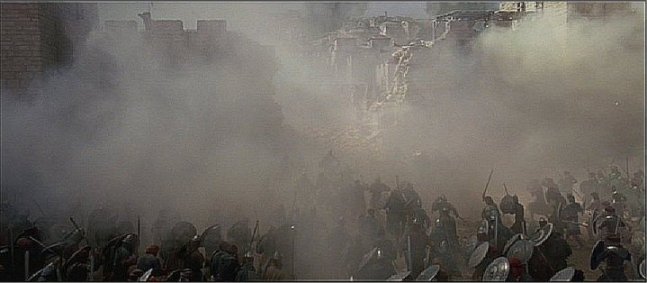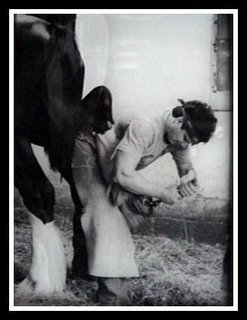How Good is the US Military?

How does one know if our military is well trained has good equipment and competent leadership? This is an important question because a laps in just one of these can de disastrous. If the training is insufficient, good equipment won't be utilized to its full potential and the plan won' be excited efficiently. The first result could lead to unnecessary casualties the second to units being isolated and destroyed. If the equipment is no good all the training in the world will be lost to week technology or more resources would have to be deployed to overcome the deficiency. But most devastating is poor leadership. Good training and good equipment can easily be negated by a bad battle plan. Successful plans are adaptable to changing situations or sufficiently crafted to dominate the battlefield. Evidence has been released that confirmees the US military has all these elements.
Documents captured in Iraq and released by the US Government reveal that our plan to attack Iraq was given to Saddam Hussein by the Russian Ambassador Vladimir Teterenko.
The first document (CMPC-2003-001950) is a handwritten account of a meeting with the Russian ambassador that details his description of the composition, size, location and type of U.S. military forces arrayed in the Gulf and Jordan. The document includes the exact numbers of tanks, armored vehicles, different types of aircraft, missiles, helicopters, aircraft carriers, and other forces, and also includes their exact locations. The ambassador also described the positions of two Special Forces units.
The second document (CMPC-2004-001117) is a typed account, signed by Deputy Foreign Minister Hammam Abdel Khaleq, that states that the Russian ambassador has told the Iraqis that the United States was planning to deploy its force into Iraq from Basra in the South and up the Euphrates, and would avoid entering major cities on the way to Baghdad, which is, in fact what happened. The documents also state "Americans are also planning on taking control of the oil fields in Kirkuk." The information was obtained by the Russians from "sources at U.S. Central Command in Doha, Qatar," according to the document.
This document also includes an account of an amusing incident in which several Iraqi Army officers (presumably seeking further elaboration of the U.S. war plans) contacted the Russian Embassy in Baghdad and stated that the ambassador was their source.
The full documents can be found on the U.S. Army Foreign Military Studies Office Web site.
In prosecuting W.W.II the allies had a huge advantage in planning and preparation because of the ability to crack the codes of the Germans. The capture of the Enigma machine early in the war by the British allowed the leadership the craft plans knowing beforehand what the enemy had deployed, where it was and what they planned to do with it The information was not perfect, but it was extremely reliable and made a significant difference in the outcome of the war. The Russian ambassador gave Saddam sufficient information on our plans to attack Iraq that had our military's training, equipment and leadership had any exploitable weakness he could have done so. The result of course was much different, but it explains the greater resistance encountered especially when we moved to take the urban areas. Knowing beforehand that the cities would be bypassed at first made them the natural haven for retreating Iraqi troops. Though difficult to quantify our Russian "friends" caused our troops to suffer greater casualties because of the betrayal of our plan to Sadism Hussein.
Basil's








 BlogHop.com
BlogHop.com







0 Comments:
|Post a Comment
<< Home